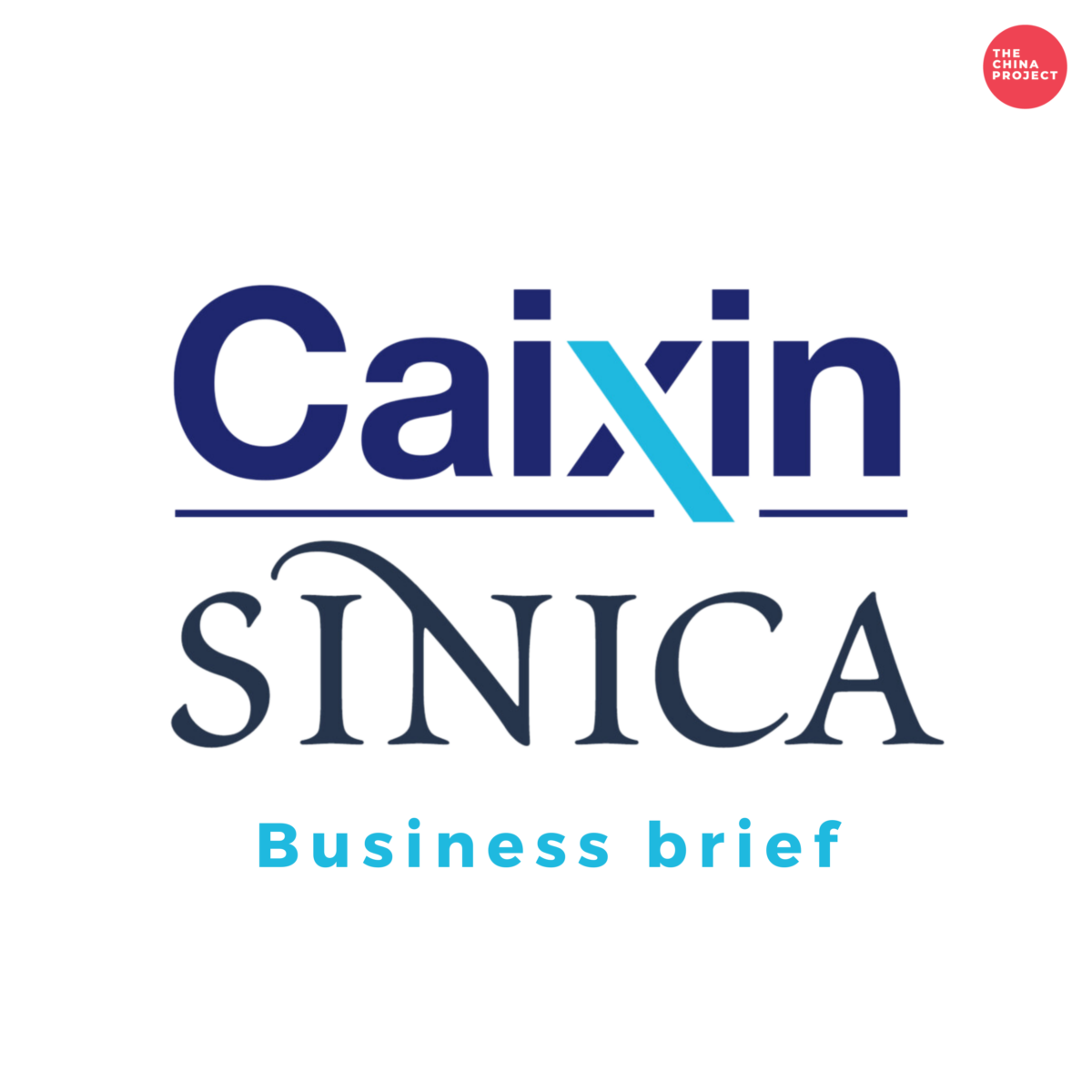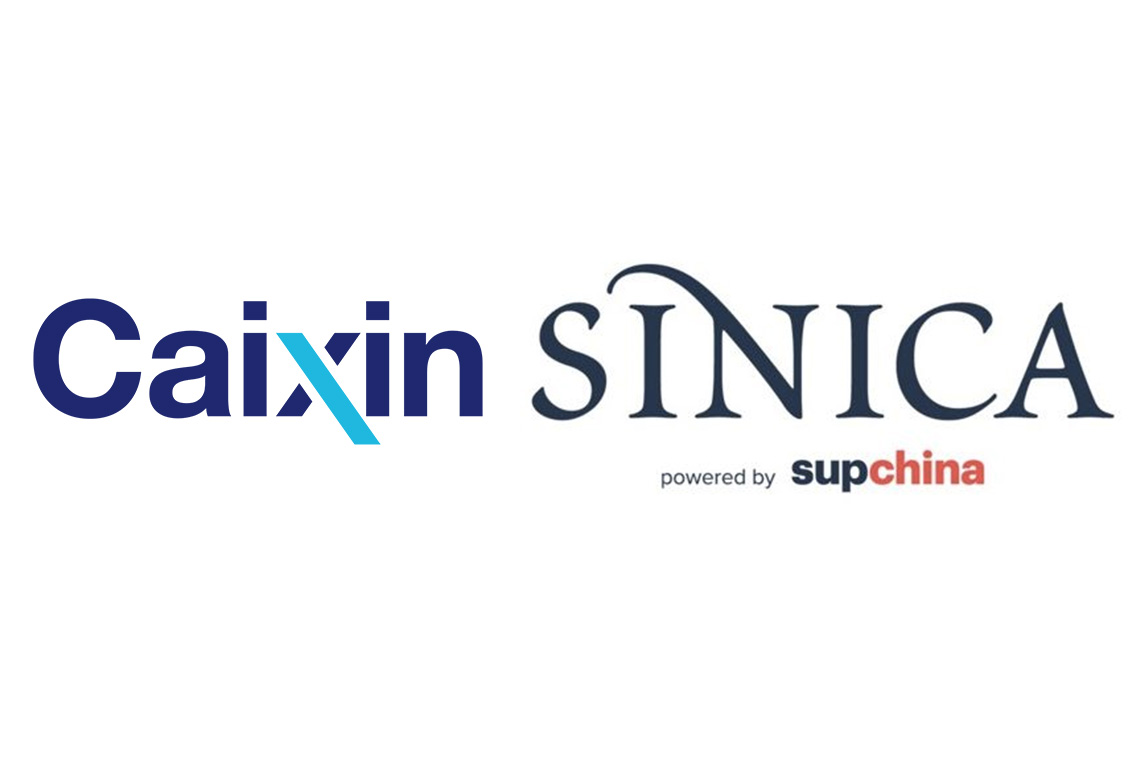Welcome to the 83rd installment of the Caixin-Sinica Business Brief, a weekly podcast that brings you the most important business stories of the week from China’s top source for business and financial news. Produced by Kaiser Kuo of our Sinica Podcast, it features a business news roundup, plus conversations with Caixin reporters and editors.
This week:
- We note that U.S.-China trade talks are trickling along with few public disclosures. Meanwhile, there is no big movement on Huawei’s house-arrested Meng Wanzhou or the detained Canadian citizens. And Trump keeps tweeting about how much he cherishes Kim Jong-un, but we’ve yet to see real progress there.
- We discuss the relaxation of hukou rules. Under new regulations, all restrictions for household registration are eliminated in cities with an urban population of 1 million to 3 million.
- We hear the news that Hong Kong again topped this year’s most expensive housing market list, in a ranking done by U.S. real estate services and investment company CBRE Group.
- We analyze Didi’s valuation, which hit the skids when the company came under pressure as a growing number of its partners, many of them car makers, set up rival ride-sharing services.
- We report that the website of Visual China Group, a partner of Getty Images, has been down since Friday after it made a copyright claim to the world’s first photograph of a black hole.
- We chat about a libel case filed by developer SOHO China, which accused a WeChat blogger of raising false claims about its building’s feng shui.
- We learn that prompted by so much official corruption in China, an underground industry has emerged in which chiefs target officials, who cannot report the crimes to authorities, because the officials themselves have gotten the items illicitly.
In addition, we talk with Caixin managing editor Doug Young about some IPO news from China.








